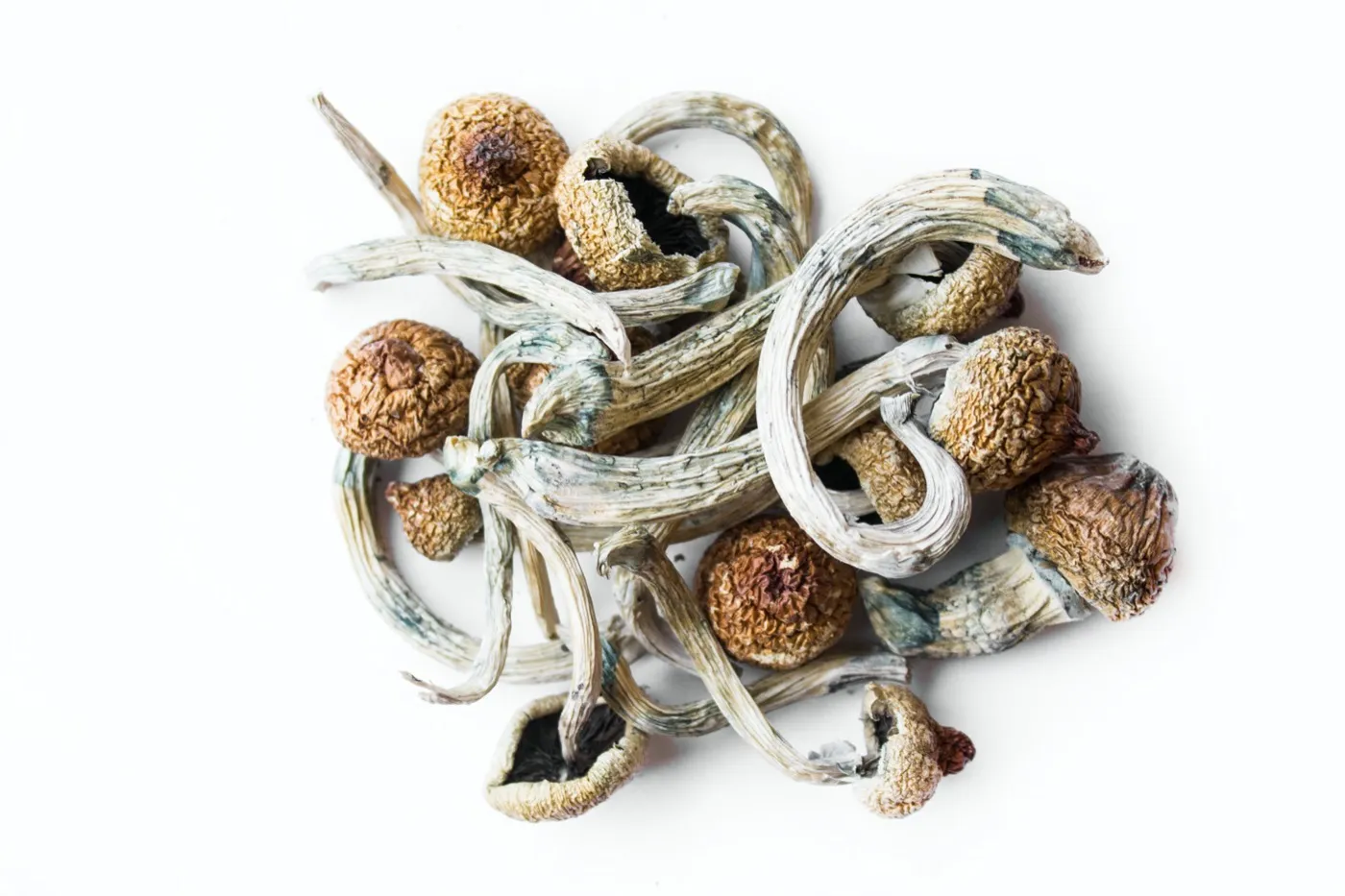A recent study by researchers at Stanford University School of Medicine and Massachusetts General Hospital has revealed promising results for veterans battling severe treatment-resistant depression (TRD).

Dried psilocybin mushrooms.
Published in the Journal of Affective Disorders and online ahead of print by the National Library of Medicine, the study is the first to examine how a single dose of psilocybin could impact veterans with depression that has failed to respond to traditional treatments.
The study involved 15 veterans diagnosed with severe TRD, defined as a major depressive episode that either failed to respond to at least five previous treatments or persisted for more than two years. These individuals were given a single dose of 25 mg of psilocybin, a psychedelic compound found in certain mushrooms. To measure the effects of the treatment, researchers utilized the Montgomery-Åsberg Depression Rating Scale (MADRS), with response defined as a 50% or greater reduction in MADRS scores and remission as a score of 10 or less.
“Of 15 participants, 60 % met response and 53 % met remission criteria at Week 3. At 12 weeks, 47 % maintained response, and 40 % remission”, found the study’s researchers. “Co-morbid PTSD did not significantly influence study outcomes.”
The study assessed the psychedelic experience using the Five-Dimensional Altered States of Consciousness (5D-ASC) scale but found no correlation between the intensity of the experience and the observed antidepressant effects.
Researchers claim that “No unexpected adverse events occurred.”
The study did note certain limitations, including its small sample size and the fact that it was uncontrolled and unblinded. Despite these limitations, the findings point toward the potential of psilocybin as a novel treatment option for veterans with TRD, who often face limited therapeutic alternatives.
You can find the study’s full text by clicking here.






